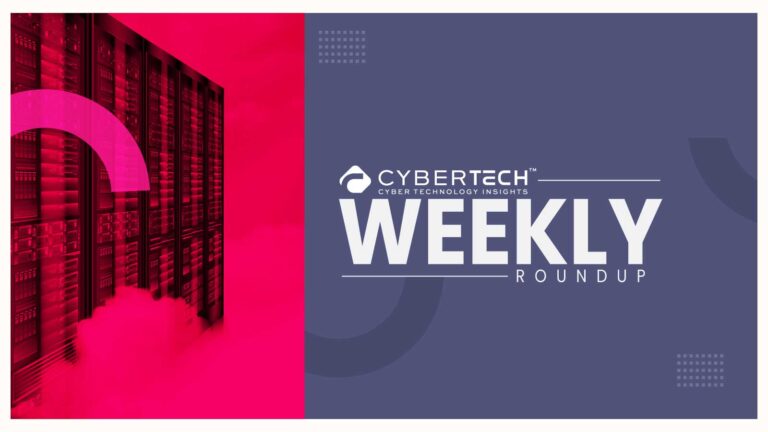Keyfactor, the leader in digital trust for modern enterprises, announced a new capability that applies its industry-leading PKI and certificate lifecycle management (CLM) solutions to secure Agentic AI systems. This advancement demonstrates how organizations can extend Zero Trust principles to autonomous AI agents, providing cryptographic identity and governance at enterprise scale.
As businesses adopt AI agents to automate operations, the security stakes grow. Unlike traditional software, agentic AI can act autonomously across critical systems, APIs, and cloud resources. Without strong identity controls, these agents risk becoming the weakest link in enterprise security. Even very short-lived agents launched to perform a single action deserve a unique, robust identity. By leveraging X.509 certificates, Keyfactor ensures every AI agent and every system it connects to is issued a verifiable, cryptographically backed identity, enabling enterprises to deploy AI confidently and securely.
Cyber Technology Insights : Rubrik Enters Strategic Collaboration with AWS to Strengthen Cyber Resilience
“Organizations are eager to scale AI agents, but they face a new identity crisis — one where static credentials like API keys and client secrets simply don’t provide accountability or security,” said Ellen Boehm, SVP of IoT and AI Identity Innovation at Keyfactor. “With Keyfactor’s PKI foundation, AI agents gain the same strong, auditable identity as humans and devices, enabling enterprises to embrace AI safely and in line with Zero Trust principles.”
How It Works
Keyfactor’s approach applies proven PKI and certificate lifecycle automation to agentic AI environments:
- Cryptographic Identity: Each AI agent is issued a unique X.509 certificate, creating a verifiable, non-repudiable identity that cannot be forged or accidentally shared.
- Certificate-Based OAuth Flows: Instead of relying on static secrets, OAuth tokens are anchored to client certificates, ensuring actions are securely tied back to a specific agent or user.
- Mutual Authentication: AI-to-service and agent-to-agent communications are protected with mutual TLS, allowing both sides to verify identity before sharing data.
- Automation at Scale: For containerized or short-lived AI agents, Keyfactor integrates with SPIFFE to automatically assign, rotate, and revoke certificates with zero manual effort.
- Policy-Driven Control: Certificate extensions define what systems an agent can access, what operations it can perform, and when, providing built-in governance and auditability.
This layered approach extends Zero Trust principles to environments where AI agents operate, enabling organizations to deploy thousands of autonomous or semi-autonomous agents without sacrificing security, compliance, or oversight.
Cyber Technology Insights : CrowdStrike Recognized as Overall Leader in 2025 KuppingerCole ITDR Leadership Compass
Key Benefits of PKI-Secured Agentic AI
- Risk Mitigation: Every action is cryptographically attributable to a specific agent, reducing the risk of misuse or compromise.
- Regulatory Readiness: Certificate-based authentication meets emerging compliance expectations for automated systems.
- Operational Scale: Automated certificate lifecycle management supports thousands of AI agents without adding overhead.
- Business Enablement: Strong identity unlocks new AI use cases in sensitive and regulated environments.
The new capability is detailed in Keyfactor’s newly published whitepaper, Securing Agentic AI with Zero Trust. The paper provides practical implementation strategies for classifying AI agents, enforcing certificate-based access controls, automating enrollment, and scaling securely with Keyfactor PKI solutions.
Cyber Technology Insights : RSM Expands Cyber Defense Capabilities Through SailPoint Identity Integration
Source: businesswire
To participate in our interviews, please write to our CyberTech Media Room at info@intentamplify.com








